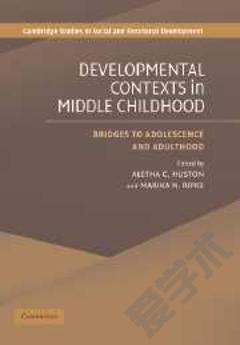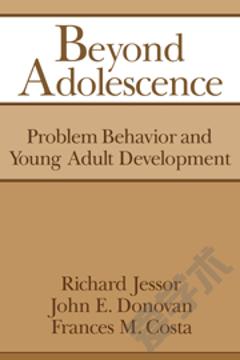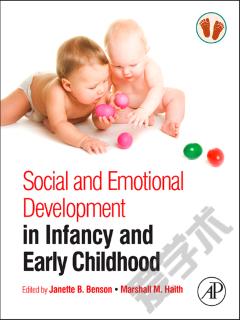Developmental Contexts in Middle Childhood: Bridges to Adolescence and Adulthood
During middle childhood, the period between ages 5 and 12, children gain the basic tools, skills and motivations to become productive members of their society. Failure to acquire these basic tools can lead to long-term consequences for children's future education, work and family life. In this book, first published in 2006, the editors assemble contributions from fifteen longitudinal studies representing diverse groups in the United States, Canada, New Zealand and the United Kingdom to learn what developmental patterns and experiences in middle childhood contexts forecast the directions children take when they reach adolescence and adulthood. The editors conclude that, although lasting individual differences are evident by the end of the preschool years, a child's developmental path in middle childhood contributes significantly to the adolescent and adult that he or she becomes. Families, peers and the broader social and economic environment all make a difference for young people's future education, work and relationships with others.
{{comment.content}}








 京公网安备 11010802027623号
京公网安备 11010802027623号